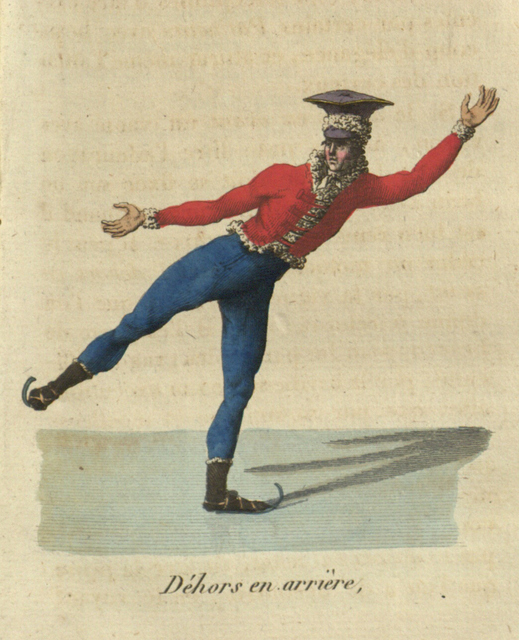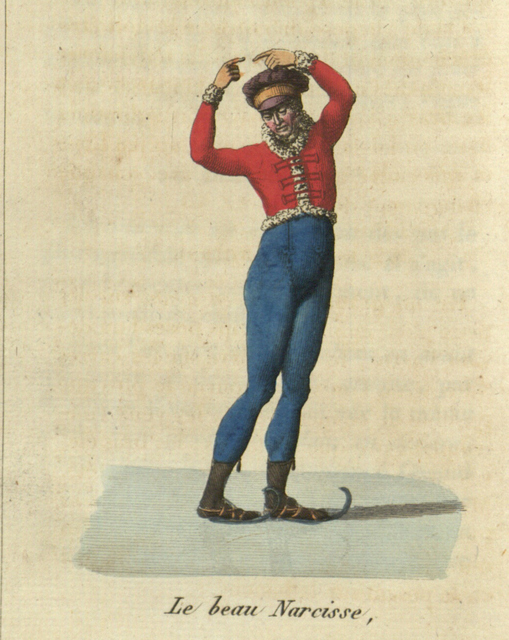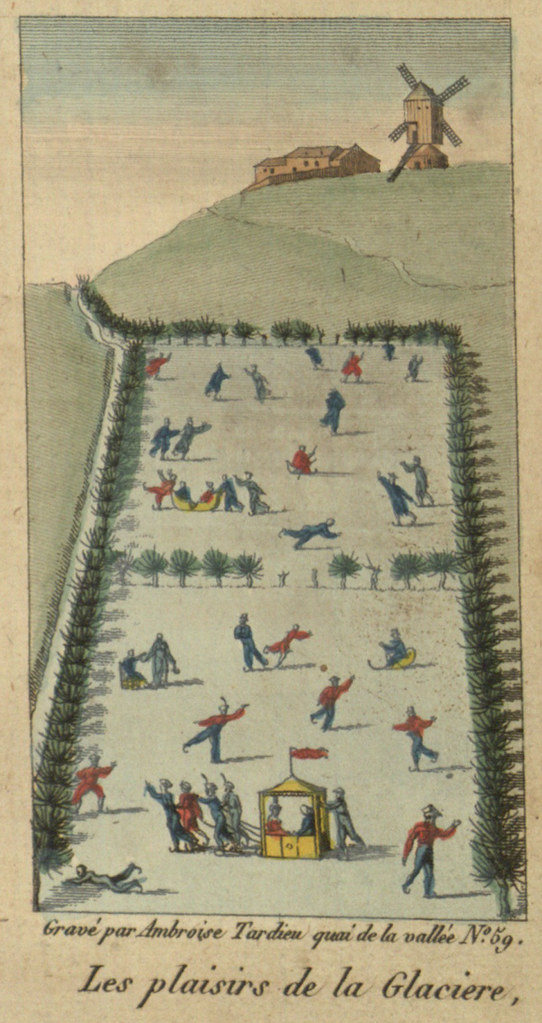All places that the eye of heaven visits
Are to a wise man ports and happy havens.
Teach thy necessity to reason thus;
There is no virtue like necessity.
~William Shakespeare (
King Richard II, Act I, Sc. 3)
More are men's ends marked than their lives before:
The setting sun, and music at the close,
As the last taste of sweets, is sweetest last,
Writ in remembrance more than things long past.
~Ibid., Act II, Sc. 1
For God's sake, let us sit upon the ground
And tell sad stories of the death of kings:
How some have been deposed; some slain in war;
Some haunted by the ghosts they have deposed;
Some poisoned by their wives; some sleeping kill'd;
All murder'd: for within the hollow crown
That rounds the mortal temples of a king
Keeps Death his court and there the antic sits,
Scoffing his state and grinning at his pomp...
~Ibid., Act III, Sc. 2
Today is the 647th anniversary of the birth of
Richard II (1367-1400), the eighth and last of the Plantagenet kings of England. The son of Edward the Black Prince, Richard succeeded his grandfather Edward III in 1377, but because his minority was dominated by rival nobles, it was difficult for him to assert his authority even after quelling the Peasant's Revolt in 1381. In ensuing power struggles with John of Gaunt and his son, the Duke of Hereford, Richard was defeated and forced to abdicate in 1399 in favor of Hereford, who became Henry IV. Richard died - probably murdered - in 1400 in
Pontefract Castle, where he had been imprisoned. These events led inexorably to the
Wars of the Roses and an ongoing obsession in the house of Tudor with reiterating its legitimacy - having gained the throne by virtue of a regicide two centuries earlier.
Written in 1595 when Shakespeare was 31, Richard II draws on
Holinshed's Chronicles as its principal source and may have been intended by the Bard as a lesson to the Tudors about the dangers of weak leadership at a time when Spain was threatening again and the childless Queen Elizabeth had not yet named an heir. In any event, the queen is known to have seen the play later that year. Of all Shakespeare's history plays, Richard II is the most lyrical, and its remarkable poetry and sad portrayal of personal downfall maintain its popularity today. For example, in Act V, Sc. 5, the doomed king laments,
"How sour sweet music is,
When time is broke, and no proportion kept!
So is it in the music of men's lives."
You can watch the BBC's
Shakespeare Uncovered biopic of Richard II, with Derek Jacobi,
here. The Kindle version of the play is available for free
here.
The boy king Richard II:
Taken from Ed's Quotation of the Day, only available via email. If you'd like to be added to his distribution list, leave your information on the comments.










